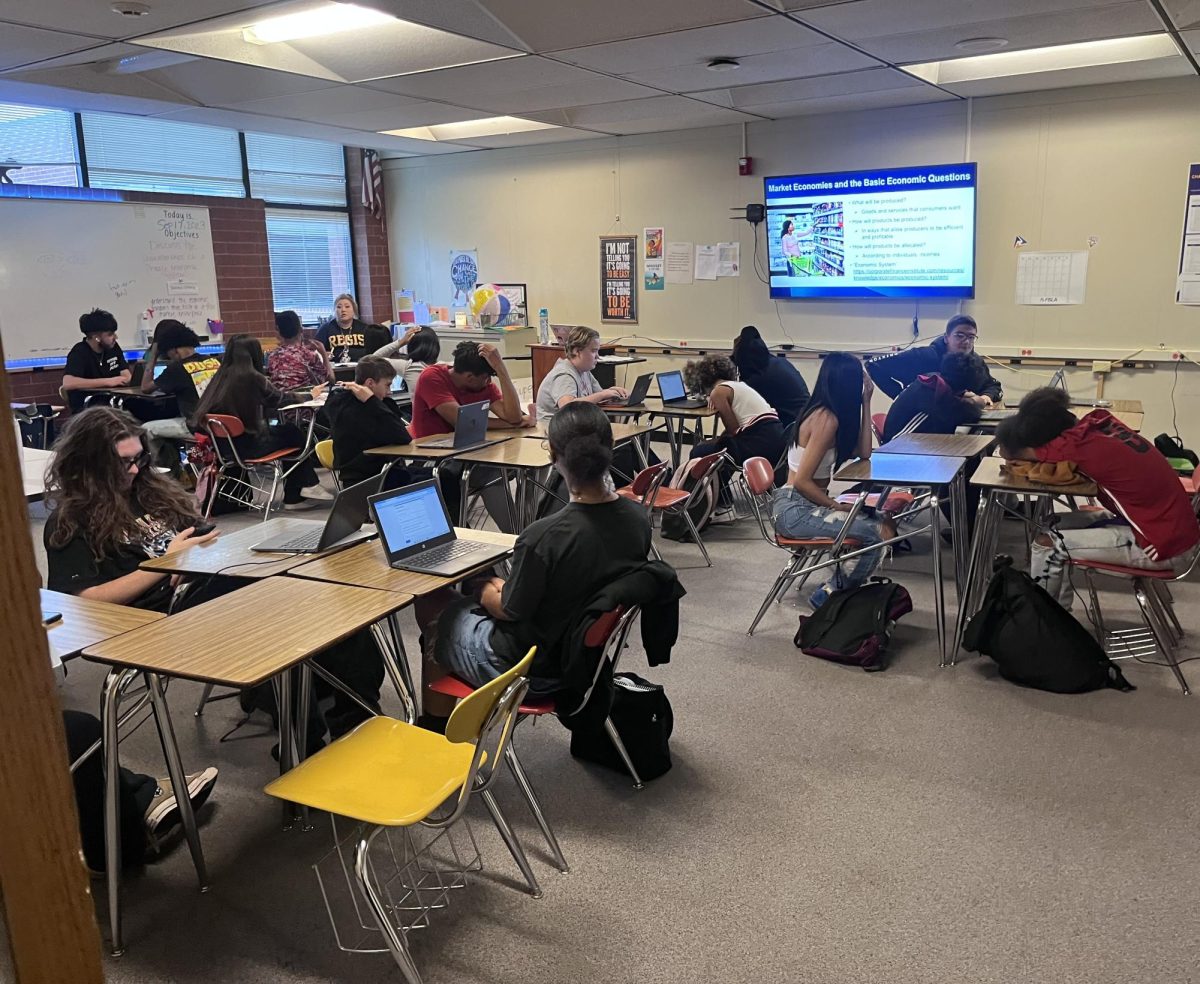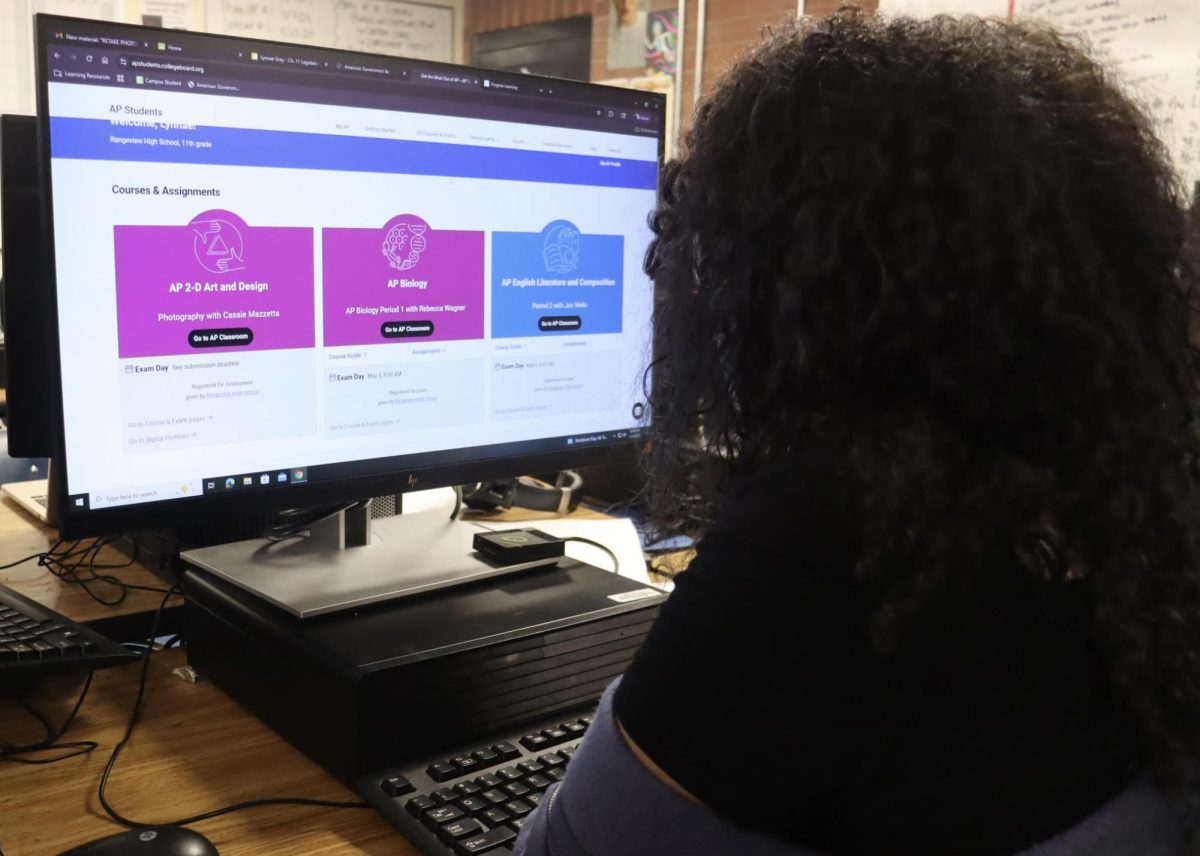None of us have been strangers to A.I., whether it has been used to have a quick laugh or for a bit of “help” on a test. A.I. has advanced itself just as fast as it has risen to popularity.
A.I. stands for artificial intelligence. According to the IBM article What is Artificial Intelligence (AI)? “At its simplest form, artificial intelligence is a field, which combines computer science and robust datasets, to enable problem-solving. It also encompasses sub-fields of machine learning and deep learning, which are frequently mentioned in conjunction with artificial intelligence”.
Indeed, there are multiple different reasons and ways A.I. is used today. Sometimes we even use A.I. without our knowledge; one of the most significant ways A.I. is used today is by virtual assistants such as Alexa and Siri. By using these, we are helping develop artificial intelligence without even knowing it. Whenever you ask Siri to change the song or call your friend, know it’s contributing to the growth of AI. It also goes to say that A.I. also learns more about you by collecting that said information. According to the Bernard Marr & Co. article , Are Alexa and Siri Considered AI? They state “Machine learning is the application of artificial intelligence where machines are given access to data and then can learn from it, rather than needing to be programmed by humans what to think and do about the data. Every time Alexa or Siri makes a mistake when responding to your request, it uses the data it receives based on how it responded to the original query to improve the next time. If an error is made, it takes that data and learns from it. If the response was favorable, the system notes that as well.”
Another primary way we use AI today is one some might not even expect to be considered AI. That said, maps and navigation systems are among the leading ways AI is used today. According to TS2 Space in their article, The Role Of AI In Satellite Navigation Systems, they state, “By using AI-based algorithms, these navigation systems can identify patterns and anomalies in the data that can be used to improve accuracy. For example, AI technologies can identify and eliminate errors caused by atmospheric conditions, such as the ionosphere, which can cause errors in traditional GPS systems.”
Overall, AI can be used to help in numerous ways, from giving us directions when driving to helping develop new medical ideas. So why is it that AI has such a negative light on it?
With fantastic technology and new developments with AI, it also causes negative impacts on society, such as unknown security risks, false information, and even hate speech. For example, LinkedIn’s article “Can AI-generated content negatively impact online reputation management?” states, “AI-generated content can be used to create phishing attacks, which are designed to trick people into revealing personal information. For example, an AI-generated email might appear to be from a legitimate company, but it could actually be from a scammer trying to steal your personal information.”
It goes without saying that with positive new developments in AI, there will also be negative consequences. It’s been around since the 1950s and has continued to improve since then. I have no worries saying that AI will have a positive everlasting effect on society whether improving navigation paths to better security. With the continuing influence of AI, it will continue to stop any negative impacts that are produced with it.






